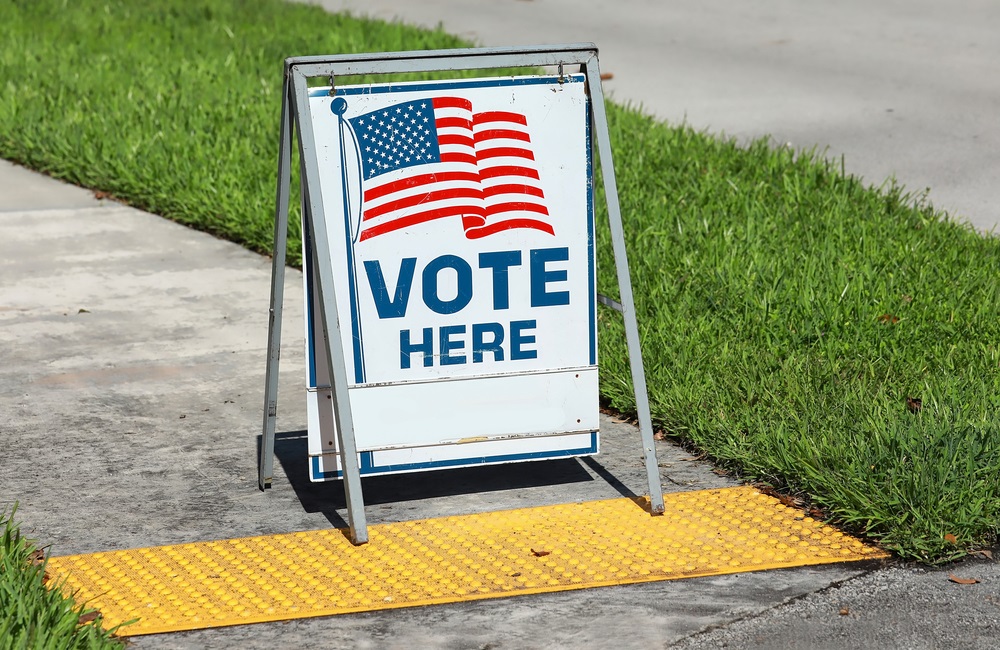Sixteen- and 17-year-olds in one prominent Vermont town will be able to vote in local elections and serve on the community’s selectboard if elected, after the Democrat-controlled state Legislature overrode the Republican governor’s veto of the Brattleboro charter change.
A half dozen cities and towns in California and Maryland have lowered the voting age to 16 for either all local elections or school board elections, according to the National Youth Rights Association.
Organizers of the push to lower the age in the southern Vermont town of Brattleboro say the community of 7,300 is the first one in the country where 16-year-olds can vote in municipal elections and hold the highest elected offices. Besides the selectboard, young voters may also serve as representatives to the town’s annual town meeting, where local issues are decided.
“This may stem the tide of youth moving out of town,” said Kurt Daims, director of Brattleboro Common Sense, in a statement.
Gov. Phil Scott said he vetoed the bill on May 27 because it was nearly identical to a bill he rejected last year.
“As I said last year, I believe it is important to encourage young Vermonters to have an interest in issues affecting their schools, their communities, their state and their country,” he wrote in a letter to lawmakers. “However, I do not support lowering the voting age in Brattleboro, nor lowering the age to run for Town office and sign contracts on behalf of taxpayers.” He also said the proposal would only worsen the inconsistencies in Vermont law on the age of adulthood.
The Legislature overrode that veto and four others last week, in addition to another one earlier in the session.
Rep. Emilie Kornheiser, a Democrat from Brattleboro, said Tuesday that she thinks of the youth vote as an important way for young people to feel like they have a stake in what’s happening and to keep coming back because of that connection.
“Vermont is an aging state and we’re a state that really prides ourself on democracy and participation,” she said pointing to the annual town meeting tradition. “I think the more we can do to bring youth into that process so that they learn the skills and practice the skills of participation and politics with sort of a lower case “p” the stronger our communities will be and the more I think folks will feel tied to their communities.”
Rio Daims, who first starting working on the youth vote campaign in 2018 when she was 16, said while its passage “will bring a new wave of civically engaged youth up through their teenage years,” the legislative process should not have taken so long.
Daims noted the proposal had overwhelming support in Brattleboro. But she also lamented that the original amendment approved by Brattleboro voters included the right to serve on the school board, a provision later removed in the legislative process.
“I see this aspect of the amendment as essential, given that one of the dominant parts of a teenager’s life is their schooling. High school students have little lift in decision making in school, and they deserve more power there,” she said by email.
***
Rathke reported from Marshfield, Vt.




























